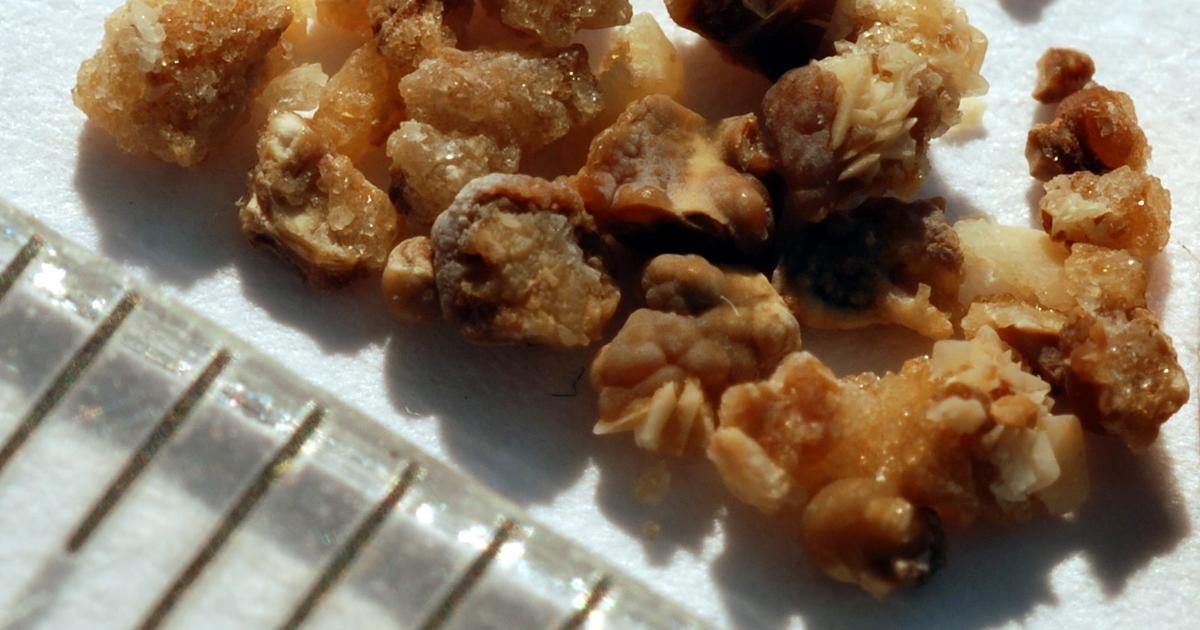Guide To The Causes Of Blood In Urine (Hematuria)
Bladder Or Kidney Stones

An individual affected by bladder or kidney stones may have hematuria. Stones in the urinary tract typically begin inside of the kidney and then mobilize and enlarge in the ureters and bladder. The process of urinary tract stone formation may be referred to as renal lithiasis, urolithiasis, and nephrolithiasis. Stones that form in the urinary tract are not smooth and round but resemble deer antlers with sharp points and uneven edges. Smaller stones can be asymptomatic for several years, but a shift in position or changes in size can trigger symptoms. The irregular shape causes damage to the tissues of the kidneys, ureters, and bladder. The stone can penetrate the lining tissues of the urinary tract, rupturing and damaging the small vessels that supply them with blood and nutrients. Inflammation and irritation often result in the leakage of red blood cells into the urine. If a stone in the kidney or bladder obstructs the healthy flow of urine, it can back up into the kidneys and cause swelling and tissue damage. Once the stone passes or is removed, the backed-up urine can contain red blood cells that have leaked from damaged kidney tissues.
Read more about the causes of hematuria now.